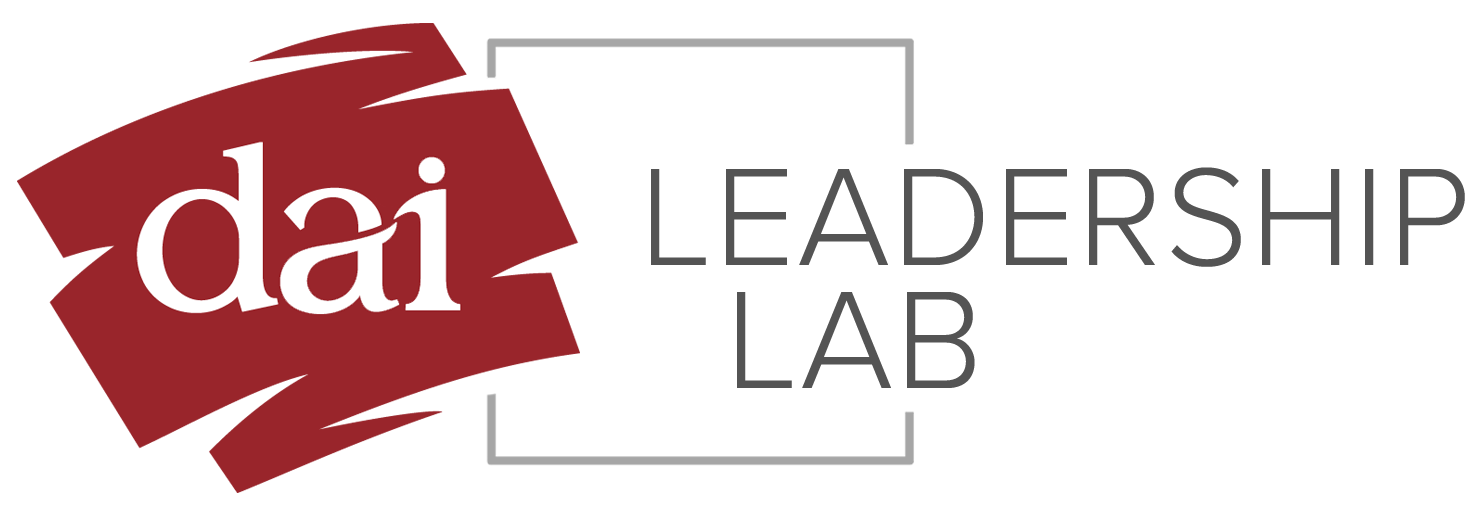Curriculum Design — CERTIFICATE EXAMINATION
Quiz Summary
0 of 25 Questions completed
Questions:
Information
You have already completed the quiz before. Hence you can not start it again.
Quiz is loading…
You must sign in or sign up to start the quiz.
You must first complete the following:
Results
Results
0 of 25 Questions answered correctly
Time has elapsed
You have reached 0 of 0 point(s), (0)
Earned Point(s): 0 of 0, (0)
0 Essay(s) Pending (Possible Point(s): 0)
Categories
- Not categorized 0%
-
Unfortunately, you did not achieve the 75% passing rate for this exam. Please review the course and take the exam again.
- 1
- 2
- 3
- 4
- 5
- 6
- 7
- 8
- 9
- 10
- 11
- 12
- 13
- 14
- 15
- 16
- 17
- 18
- 19
- 20
- 21
- 22
- 23
- 24
- 25
- Current
- Review
- Answered
- Correct
- Incorrect
-
Question 1 of 25
1. Question
Curriculum is the sum total of all the experiences, which have been planned, which the students or learners will engage in to achieve their learning goals.
CorrectIncorrect -
Question 2 of 25
2. Question
Which one of these is NOT an aspect of the curriculum content:
CorrectIncorrect -
Question 3 of 25
3. Question
Which one of these is NOT one of the six elements which combine together to form the curriculum:
CorrectIncorrect -
Question 4 of 25
4. Question
A “workshop” is typically referring to a shorter experience, such as a 3-4 day learning event.
CorrectIncorrect -
Question 5 of 25
5. Question
Learning outcomes should describe what you will be able to do at the end of a course:
CorrectIncorrect -
Question 6 of 25
6. Question
Who said “Knowledge is experience, everything else is just information”.
CorrectIncorrect -
Question 7 of 25
7. Question
Traditional methods of learning tend to focus on content, whereas more effective methods to help adults learn need to focus more on process.
CorrectIncorrect -
Question 8 of 25
8. Question
Who said: “I never teach my pupils; I only attempt to provide the conditions in which they can learn”.
CorrectIncorrect -
Question 9 of 25
9. Question
What insect did Robert the Bruce study to understand the learning cycle?
CorrectIncorrect -
Question 10 of 25
10. Question
Receiving positive feedback, whether from the teacher or from others, is a critically important element in effective learning.
CorrectIncorrect -
Question 11 of 25
11. Question
Which one of these is NOT one of the five factors of effective learning:
CorrectIncorrect -
Question 12 of 25
12. Question
The five factors of effective learning is a learning circle, where the learner begins with wanting or needing to learn, then continues by some activity (doing), then by digesting and finally by getting feedback.
CorrectIncorrect -
Question 13 of 25
13. Question
If people are exposed to an idea on a single occasion, at the end of 30 days they retain less than 10%. However, if they are exposed to the idea at six different times over 30 days, they retain more than 90%.
CorrectIncorrect -
Question 14 of 25
14. Question
When you are describing the learners of your course you should:
CorrectIncorrect -
Question 15 of 25
15. Question
The “purpose” or the “big idea” is what you want the course or workshop to be about.
CorrectIncorrect -
Question 16 of 25
16. Question
The main themes for your course have nothing to do with your “Statement of Purpose”.
CorrectIncorrect -
Question 17 of 25
17. Question
Learning outcomes are important, because they help us as curriculum designers and teachers to focus precisely on what we want our learners to achieve.
CorrectIncorrect -
Question 18 of 25
18. Question
Learning outcomes should be:
CorrectIncorrect -
Question 19 of 25
19. Question
Which one of these is NOT part of Bloom’s Taxonomy of Learning Outcomes.
CorrectIncorrect -
Question 20 of 25
20. Question
It is important that your Main Themes and the Learning Outcomes inform the Outline for the Course or Workshop.
CorrectIncorrect -
Question 21 of 25
21. Question
Case Studies are descriptions of a real life experience, which are used to help learners think through issues or general principles through being involved in a situation as similar to real life as possible.
CorrectIncorrect -
Question 22 of 25
22. Question
The ideal length of any course is 4 to 5 days.
CorrectIncorrect -
Question 23 of 25
23. Question
Additional materials you can deliver with your course might include:
CorrectIncorrect -
Question 24 of 25
24. Question
It is important to build your course in a way, which other people can also use to facilitate if, for some reason you are not available.
CorrectIncorrect -
Question 25 of 25
25. Question
What is maximum amount of time a facilitator should be presenting content before getting the students to DO something.
CorrectIncorrect

